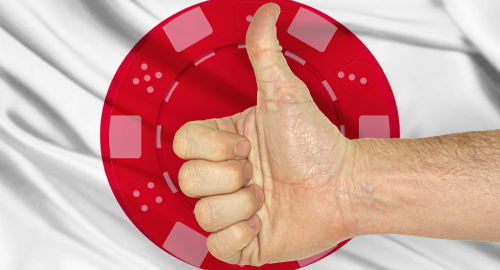 Japanese casinos are a step closer to reality after a legislative committee approved a casino study bill, strengthening the odds of approval by the full legislature before the end of the year.
Japanese casinos are a step closer to reality after a legislative committee approved a casino study bill, strengthening the odds of approval by the full legislature before the end of the year.
On Friday, the House of Representatives Cabinet committee passed the so-called Integrated Resorts Promotion (IR) bill, which seeks to amend Japan’s constitution to remove a prohibition on casino gambling. The bill is a necessary precursor to a future bill that would spell out the nuts and bolts of casino licensing and regulation.
Committee members belonging to the ruling Liberal Democratic Party (LDP) voted in favor of the bill, while two of three members of the LDP’s coalition partner Komeito voted against the legislation. Komeito, a party with strong Buddhist ties, has traditionally opposed loosening restrictions on gambling activity.
Kyodo News reported that, as of Thursday, Komeito’s rank and file members were officially undecided on whether to support the IR bill. The decision was therefore left up to the party’s leaders, who announced Friday that they wouldn’t protest the committee’s IR bill vote.
With one legislative hurdle cleared, the LDP’s pro-casino faction hopes to bring the IR bill up for a plenary session vote in the House of Representatives on Tuesday (6). Assuming that vote is positive, the legislature’s upper chamber would then face a similar vote, which must take place before the Diet’s current session ends on December 14.
The fact that two of the three Komeito committee members chose to ignore their leadership’s public position suggests a successful House vote on Tuesday is far from a given. Nevertheless, the committee’s approval is the first tangible sign of progress the LDP has made on this front since submitting the original IR bill in December 2013.
Japan keeps a tight lid on its citizens’ gambling activity, limiting them to pachinko and ‘pachislot’ pachinko-slots hybrids, as well as betting on horse, bicycle and powerboat racing. Despite these limitations, government reports have put the country’s number of problem gamblers at up to 5% of the adult population.